#arterial plaque
Explore tagged Tumblr posts
Text
thinking about harrowhark nonagesimus again today and her puppeting her parents as a child as a metaphor for growing up in an abusive household and feeling/being responsible for the emotional states and wellbeing of adults
#harrowhark nonagesimus my beloveds#gideon the ninth#the locked tomb#harrow the ninth#also also also the part where she talks about scraping plaque from crux's arteries#the adult who arguably cares the most for/about her and seems to be trying to do right by her in his own way#and she is STILL responsible for taking care of him and ensuring his wellbeing!!!#harrowhark nonagesimus#personal
2K notes
·
View notes
Text
BLOG 58: HIGH BLOOD PRESSURE
BLOG 58: HIGH BLOOD PRESSURE
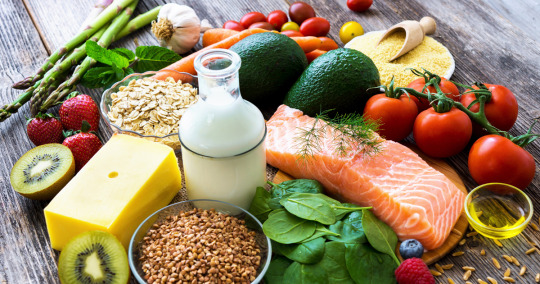
View On WordPress
#arterial plaque#blocked arteries#coenzyme Q10#High Blood Pressure#osmosis#salt intake#soya lecithin#white coat high blood pressure
0 notes
Text
new whatever the phenomenon is called where i want to sit at my desk and draw but i become extremely aware of how sedentary my lifestyle is and how im further ruining my health if i do so, so i shouldnt sit and draw, but I also have 0 energy to go somewhere and walk around or exercise or whatever so I just continue to stay in bed not drawing or improving my health thumbs up emoji
#talkys#i get so aware of it now i cant even sit and draw in any context without being like ooooo DVT oooo spider veins ooo plaque in my#arteries heart attack stroke embolism
50 notes
·
View notes
Text
7 Warning Signs Of Heart Blockage You Should Never Ignore
Last Updated:June 01, 2025, 12:50 IST Heart disease is a leading global problem, and blocked arteries can reduce blood flow, increasing the risk of heart attacks or failure. Ignoring unusual fatigue may delay the diagnosis of cardiac conditions. Heart disease remains one of the top causes of death globally. In today’s fast-paced, high-pressure world, many people neglect their health, often…
#coronary arteries#early detection of heart disease#health and fitness#heart attack symptoms#heart blockage#heart disease#heart failure#Lifestyle#plaque accumulation#warning signs of heart disease
0 notes
Text
I'm having a calcium score done tomorrow (aka checking to see if theres any plaque in my arteries) which is like
Odd for someone my age typically but my family history is Abysmal
i should be fine, & if its fine i don't need another cat scan until i'm 35 but like
what if i'm Not.
#my dad's youngest brother had a heart attack when he was like 30-35yo and had a pacemaker by the time he was 35yo#this uncle + my aunt both go into afib#my father died of a heart attack at 45 and they specifically said Every Artery Was Clogged#and my grandfather had multiple heart attacks in his life - open heart surgery when he was in his 50s & lifetime of heart disease#AND that grandfather's father passed in his 40s or 50s due to heart failure#LIKE ITS NOT UNLIKELY THAT THERE MAY BE PLAQUE IN MY HEART YA KNOW#BUT THE CHANCES ARE SLIM. I THINK.
0 notes
Text
PCSK9 Inhibitors and Atherosclerosis

Atherosclerosis, a condition marked by the buildup of plaques in the arteries, is a leading cause of cardiovascular diseases like heart attacks and strokes. The condition often develops silently over decades, with high levels of low-density lipoprotein cholesterol (LDL-C) playing a pivotal role in forming and progressing arterial plaques.
With advancements in medicine, PCSK9 inhibitors have emerged as powerful tools for combating high LDL-C levels and reducing the risk of atherosclerosis. These innovative cholesterol-lowering drugs help manage cardiovascular risk and target one of the root causes of plaque buildup in arteries.
In this detailed guide, we’ll explore the relationship between PCSK9 inhibitors and atherosclerosis, how these drugs work, their benefits, and how they fit into the broader picture of cardiovascular health management.
#PCSK9 Inhibitors and Atherosclerosis#heart health#heart disease#cardiology#plaques in the artery#strokes#heart attacks#ldl c#theharleystreetheart#harleystreetsg
0 notes
Note
Please don’t have that heart attack
I’ll avoid red meats
1 note
·
View note
Text
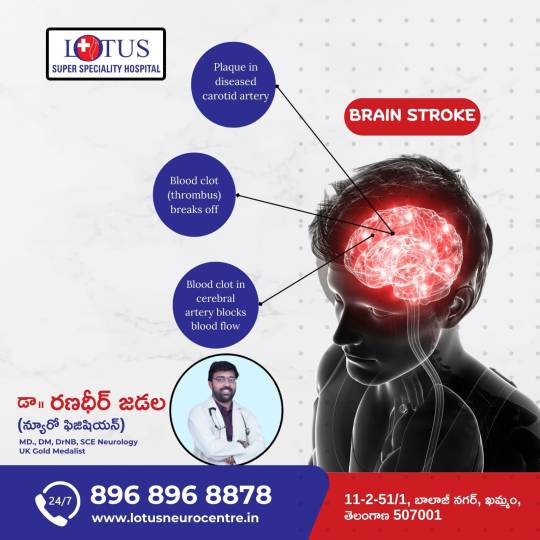
#Understanding Brain Stroke:#Plaque in diseased carotid artery#Blood clot (thrombus) breaks off#Blood clot in cerebral artery blocks blood flow#For expert care and consultation#contact Dr. Randeep Jadal (Neurologist) at Lotus Super Speciality Hospital. Call us 24/7 at 896 896 8878 or visit www.lotusneurocentre.in.
0 notes
Text
The images on this page show cross-sectional views of coronary arteries with atherosclerotic plaque.
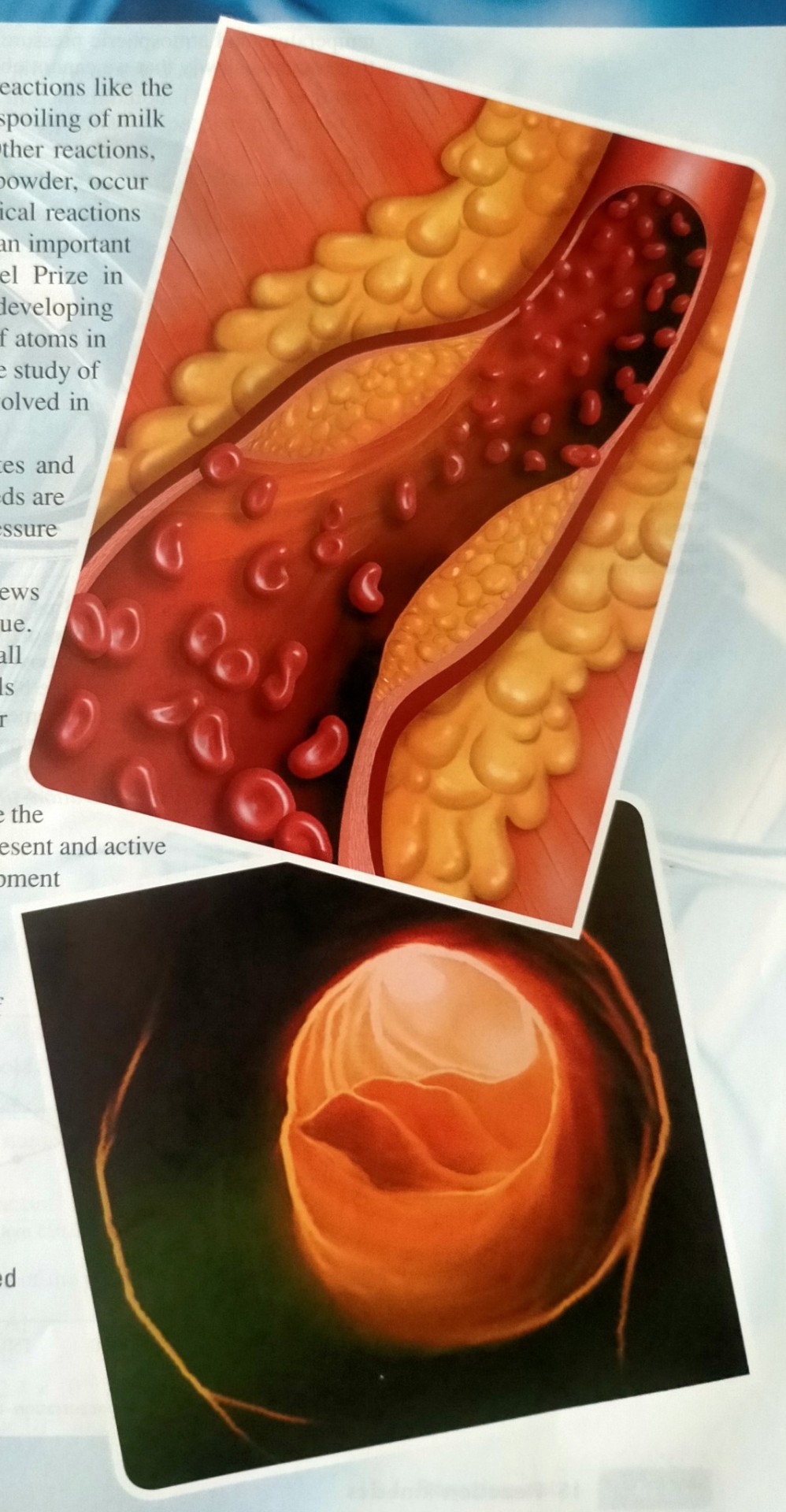
"Chemistry" 2e - Blackman, A., Bottle, S., Schmid, S., Mocerino, M., Wille, U.
1 note
·
View note
Text
Arterosclerosis is a condition in which an artery wall thickens as a result of a build-up of fatty materials such as cholesterol.
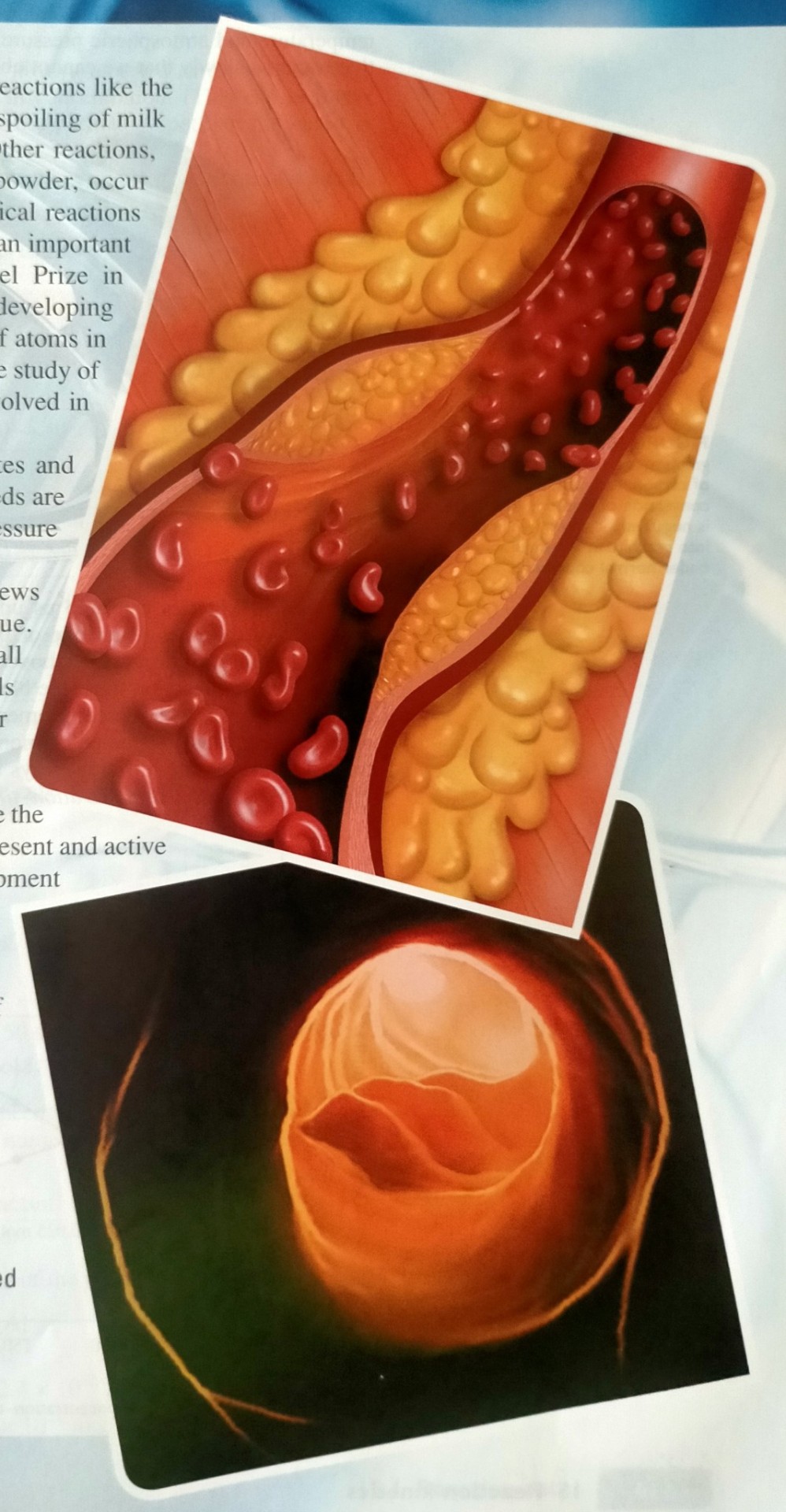
"Chemistry" 2e - Blackman, A., Bottle, S., Schmid, S., Mocerino, M., Wille, U.
#book quote#chemistry#nonfiction#textbook#arterosclerosis#atherosclerotic plaque#clogged arteries#cholesterol
0 notes
Text
What Should My Cholesterol Level Be At My Age?
For healthy people (especially under the age of 20), the optimal cholesterol level is total cholesterol of less than 200mg/dL, LDL cholesterol of less than 130mg/dL. Anything over that should be approached cautiously and you may want to work with a healthcare professional to determine the best course of action. Based on your health condition, lifestyle habits, family history, and more, they may recommend supplementing your diet with specific high-quality plant sterols which - after some time - can decrease LDL particles in the blood gradually through lowering blood triglyceride levels. This might not be necessary for everyone but it never hurts to listen to expert advice.
#Cholesterol#HDL#LDL#lifestyle habits#coronary artery disease#plaque#diabetes patients#arteriosclerosis
0 notes
Text
Guide to Life-Sustaining Nutrients: Copper [PREVIEW]
The following is a preview of a Patreon-exclusive newsletter Click the icon below to support Become Something New for the cost of just one cup of coffee per month for access to this and upcoming Patreon-only content. ☕📖🧠💪 Patreon Starting at the most vital level, copper is a mitochondrial cofactor, essential for cytochrome C oxidase (complex IV), which completes oxidative phosphorylation to…
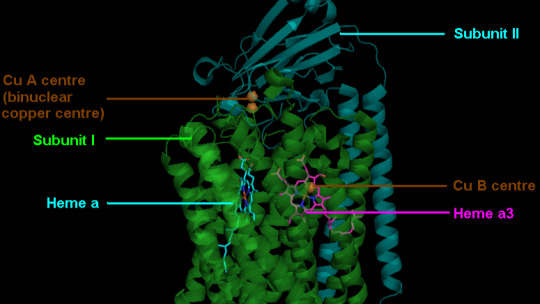
View On WordPress
#adrenaline#aging#allergies#alzheimer&039;s#Amyotrophic Lateral Sclerosis#apoptosis#arterial plaques#arthritis#aspartame#avocado#beauty#biohacking#blood pressure#bone health#cancer#cartilage#chris masterjohn#collagen#cytochrome c oxidase#dark chocolate#dementia#dhea#diabetes#diamine oxidase#disulfiram#dopamine#elastin#epinephrine#ferrous iron#gray hair
0 notes
Link
Unveiling Silent Threat: 5 Subtle Indicators of High Cholesterol Revealed by Your Body
0 notes
Text
It's still not just a cold.
"This study showing that severe acute respiratory syndrome coronavirus directly infects coronary artery plaques, producing inflammatory substances, really joins the dots and helps our understanding on why we're seeing so much heart disease in COVID patients," Peter Hotez, MD, professor of molecular virology and microbiology at Baylor College of Medicine in Houston, told Medscape.
Oh, also?
CDC predicts respiratory disease season will be similar to last year
"The CDC said it expects a similar number of respiratory disease cases this year as last year, with 15 to 25 new weekly hospitalizations per 100,000 people."
"As of Friday, nearly 12 million people have gotten the new Covid-19 vaccine since they were authorized last month, according to HHS. That’s millions more than the week prior, but still less than 4% of the US population."
No one is protecting themselves. And no one else will protect you.
Even if you're not worried for yourself....don't be one of the people that carries it to someone else. We're all responsible for the most vulnerable people in our society. (That could be you, by the way.....)
WEAR. YOUR. MASK.
2K notes
·
View notes
Text
Wound Care
Ok so, take this with a BIG grain of salt, because I may be a medical doctor BUT you need to know how much wound care training we get in medical school: none. Zip. Zilch. There may be medical schools where you do, but mine wasn't a bozo factory and there was NO wound care training. Everything I know I learned from one of several sources: an intensive 2-day wound care course I did in residency (highly recommend), the local Home Health wound care nurse (highly recommend), a completely batshit insane old white male doctor who started our learning sessions by yelling Vietnam War stories at me (do not recommend), a hospital wound care nurse (highly recommend), and experience (oh god do not recommend).
The first thing you need to know is that wound healing varies dramatically across the course of a lifespan. Kids? Kids will heal. If they don't, get their ass to a pediatrician because there's something genetic going on. Young adults will heal. Middle-aged adults will heal. You know who doesn't heal for shit? The elderly, and people with severe illnesses, and people with uncontrolled type II diabetes.
Your body needs several things in order to heal. It needs macronutrients, so you need to be able to EAT protein, fat, and carbs. If you are on total parenteral nutrition, aka TPN, aka IV nutrition, you are going to be worse at healing. If you are starving yourself, you are going to be worse at healing. If your body is desperately funneling all the calories you take in to surviving your COPD or cancer, you are going to be worse at healing.
It also needs micronutrients. If your diet sucks, you won't heal. Take a multivitamin once in a while.
There are two CRITICAL skin components to healing: collagen and elastin. Guess what we stop making as we age. Promoting collagen isn't just good for "anti-aging," it's good for NOT ripping your skin apart. Taking oral collagen is probably bullshit because your body is going to have to disassemble it to get it across the intestinal membranes to absorb, but it's also harmless, and if your diet REALLY sucks, who knows. Give it a try. Collagen is made of amino acids; think protein.
Another absolutely crucial component is blood flow. As people age, they start to develop cholesterol plaques lining arteries that eventually pick up calcium deposits. This makes blood vessels less elastic, which is a problem, but eventually also blocks them off, which is a much bigger problem. If someone has the major blood flow to their feet decreased by 90% by arterial stenosis, they are not going to heal for shit AND their foot's gonna hurt.
One component of blood flow I hadn't thought about before going into medicine is fluid retention. The way your body works, blood exits the heart at a very high velocity, but slows to a crawl by the time it gets into capillaries, the smallest blood vessels in the body. Water is a very small molecule and can leave the blood vessel, especially if there aren't big, negatively-charged molecules like proteins like albumin in the blood vessels to hold the water there. And we're built for this--some water is supposed to leak out of our blood vessels when it gets to real little vessels. It gets taken back up by the lymphatic system and eventually dumped back into the bloodstream at the inferior vena cava. But if you aren't making albumin--for instance, in liver failure--you may leak a LOT of fluid into the tissue, so much that your legs get swollen, tight, the skin feeling woody and strange. This isn't fixable by drainage because the fluid is everywhere, not in a single pocket we can drain. And because it puts so much pressure on the tissues of the skin, it often results in ulcers. Congestive heart failure, liver failure, kidney failure--these are all common causes of severe edema, aka swelling due to fluid in the tissues. And they're a real bitch when it comes to wound care, because we have such limited resources for getting the fluid back out, which is a necessary first step to healing.
Pressure is another common cause of wounds. Pressure forces blood out of those little capillaries, so you starve the cells normally fed by those capillaries, and they die. It's called pressure necrosis. Very sick people who can't turn themselves over--people in the ICU, people in nursing homes--are especially prone to these wounds, as are people with limited sensation; pressure wounds are common in wheelchair users who have lost some feeling in the parts of their bodies that rub against those surfaces, or diabetics who don't notice a rock in their shoe.
So, if you're trying to treat wounds, the questions to ask are these:
Why did this wound happen?
-Was it pressure? If it's pressure, you have to offload the source of the pressure or else that wound will not heal. End of story. You can put the tears of a unicorn on that thing, if you don't offload the pressure it won't heal.
-Was it fluid? If it's fluid, you have get the fluid out of the issues or else it won't heal. You can sometimes do that with diuretics, medications that cause the body to dump water through the kidneys, but that's always threading a needle because you have to get someone to a state where they still have juuuuust enough fluid inside their blood vessels to keep their organs happy, while maintaining a very slight state of dehydration so the blood vessels suck water back in from the tissues. You can use compression stockings to squeeze fluid back into the vessels, but if they have arterial insufficiency and not just venous insufficiency, you can accidentally then cause pressure injury. The safest option is using gravity: prop the feet up above the level of the heart, wherever the heart is at, at that moment, and gravity will pull fluid back down out of the legs. Super boring though. Patients hate it. Not as much as they hate compression stockings.
-Was it a skin tear because the skin is very fragile? This is extremely common in the elderly, because they're not making collagen and elastin, necessary to repairing skin. If this is the case, make sure they're actually getting enough nutrition--as people get into their 80s and 90s, their appetites often change and diminish, especially if they're struggling with dementia. And think about just wrapping them in bubble wrap. Remove things with sharp edges from their environments. I have seen the WORST skin tears from solid wood or metal furniture with sharp edges. Get rid of throw rugs and other tripping hazards. I had somebody last week who tried to a clear a baby gate and damn near destroyed their artificial hip.
The next critical question: why isn't it healing?
-Are you getting enough nutrients? Both macro and micro?
-Are you elderly?
-Are you ill?
-Do you have a genetic disorder of collagen formation?
Fix why it's not healing and almost anything will heal. If you're diabetic, find a medication regimen that improves your sugars and stick to it. If you're anorexic, get treatment for your eating disorder. If you have congestive heart failure, work with your doctor on your fluid balance. Wear the damn pressure stockings. Prop up your feet.
If, after those two unskippable questions are done, you want to do something to the wound--apply a dressing, do a treatment--that's a whole other kettle of fish. I'll write that later. The dryer just sang me its little song and I need to put away the laundry.
1K notes
·
View notes
Text
Obey Me As Tumblr #25

Satan: What are some good cities?
Solomon: Owl
Satan: Too many fireflies, infested
•
Mammon: Scary how fast someone can mean so much to you
Leviathan: Scary how fast you can mean nothing to someone
MC: Scary how fast I switched my car insurance to geico
•
Leviathan: Dead leafs? That’s card yard salad now, and it’s the new food trend
Raphael: Leaves*
Leviathan: Where are you going?
•
Mammon: I got some many love in my souls
Luke: Why do you have more than one soul?
Mammon: Irrelevant
•
Diavolo: Assert your dominance by calling your friends by their student ID number
•
Simeon: Homework? Decent grades? The Bible said Adam and Eve not Adam and achieve
Belphegor: I almost spit everywhere
•
Leviathan: Fanfic titles be “we have not touched the stars (nor are we forgiven)” and then you look at the tags and the first one is “anal fisting”
Satan: I choked
•
Mammon: I can’t believe clowns are real what the fuck…
Belphegor: DID YOU JUST DISCOVER MIRRORS?
Mammon: SHUT UP!!! SHUT THE FUCK UP!!!!!!!!!!!!!!
•
Beelzebub: You ever get a bus driver that drives like they’re running from god
Solomon: You’re really complaining about the discount roller coaster?
•
Beelzebub: Due to plaque build up, human arteries are sometimes crunchy. Also, the arteries themselves are made up of a smooth, elastic (possibly gummy?) type of tissue. Therefore I imagine that eating a diseased human artery would be a similarly experience, texture-wise, to slurping one of THESE babies
*picture of a nerds rope*
Raphael: May the only thing that dampens the flames of hell for you be God spitting in your face
•
Leviathan: So, do seahorses read fpreg?
Lucifer: Seahorses are illiterate. A quality I wish I had so I didn’t have to read this post
•
Mammon: Laying an egg hard and loud
Solomon: Will the person who tagged this “Stephen Colbert” please approach the bench
•
Satan: Someone in my younger siblings class said they were “yandere for them” and my sibling responded “first of all cringe, second of all red flag” and no phrase has entered my daily lexicon so fast
•
Mammon: I go to Home Depot
Beelzebub: I eat the tools
Satan: Stop it
Belphegor: Crumch
•
Mammon: There’s no crime in being a thief
Lucifer: What a thief does is steal someone’s property without their permission, which is a crime
Asmodeus: Not when I do it. I’ll steal your heart and you wouldn’t mind
Solomon: …
Satan: That was very smooth
Leviathan: I’m gonna steal both your organs and money
•
Diavolo: What do teens like?!? Is it memes? Memes about skeletons? Piss? Communism?
Solomon: This post is 20x funnier if you imagine a CEO shouting it at his board of directors
Last • Next
#obey me shall we date#funny obey me#obey me incorrect quotes#obey me leviathan#obey me mammon#obey me raphael#obey me luke#obey me diavolo#obey me simeon#obey me Belphegor#obey me satan#obey me beelzebub#obey me solomon#obey me lucifer#obey me asmodeus#obey me as tumblr
185 notes
·
View notes